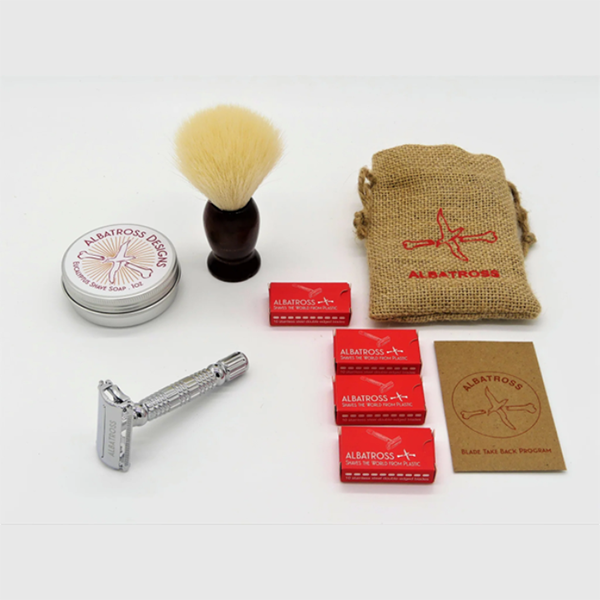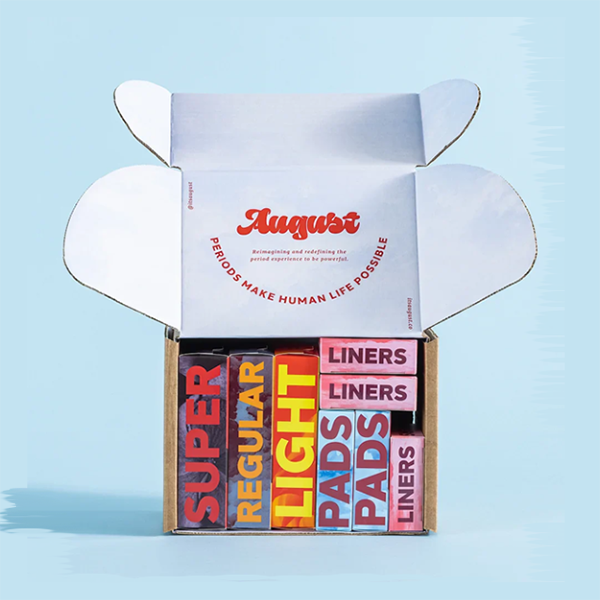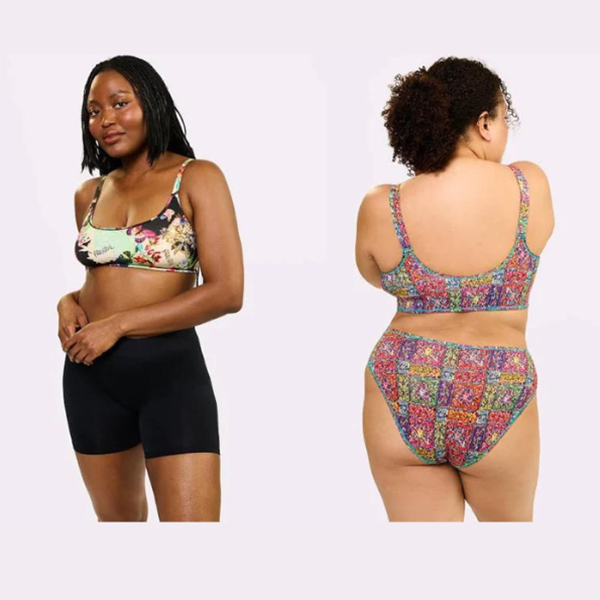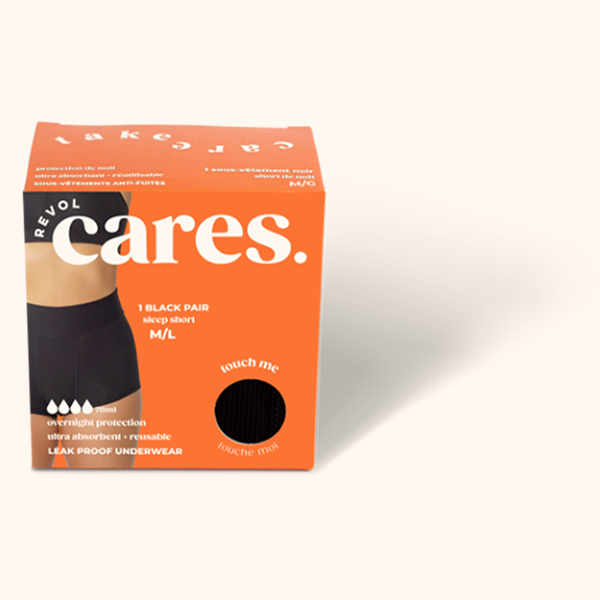Nonbinary advertising expands opportunities for brands and consumersNonbinary advertising expands opportunities for brands and consumers
As gender identities become more fluid, consumers increasingly seek brands that support inclusivity. Here are a few brands that are doing it right.
June 25, 2024

Traditional advertising has long been dominated by binary gender norms, often excluding nonbinary and gender-diverse individuals. Products like menstrual care items were typically marketed exclusively to women, reinforcing the notion that menstruation is solely an experience for that specific gender identifier. This narrow approach overlooked the needs and identities of many consumers who do not fit within these binary definitions.
For years, this lack of representation in advertising perpetuated feelings of exclusion among nonbinary and gender-diverse individuals. It also meant that many consumers did not see their identities reflected in the products they used daily. As awareness of gender diversity has grown, so too has the demand for more inclusive and representative marketing strategies.
A 2021 Bigeye study found that approximately 2% to 3% of people in European countries identify as transgender, gender fluid or nonbinary. In the U.S., one in five adults knows someone who uses a gender-neutral pronoun like "they." This move toward gender neutrality is especially notable among younger generations, namely millennials and Gen Z. More than half of consumers in these age groups believe binary gender distinctions are old-school and unnecessary, and they’re mirroring this in their spending.
In response, many companies have begun to adopt more inclusive, nonbinary advertising and outreach strategies. This shift toward inclusivity has led to more thoughtful and representative marketing campaigns, acknowledging and celebrating the diversity of their consumer base.
According to a 2022 study by Amazon Ads and Environics, 44% of consumers say that diversity, equity and inclusion (DEI) is more important than it was three years earlier. Additionally, 36% of people have boycotted a brand due to diversity and representation issues, and 50% are more likely to recommend a product or service if advertisements are diverse and representative.
Brands and retailers driving gender inclusivity
Several CPG companies and retail chains have been at the forefront of this shift toward inclusive, nonbinary outreach. Their efforts provide valuable insights into how brands can effectively embrace and promote inclusivity.
Sephora's “We Belong to Something Beautiful” campaign, which includes transgender models and promotes inclusivity, is one great example, while Nike’s “Unlimited Courage” campaign featuring Chris Mosier, a transgender athlete, supports the brand’s offering of gender-neutral products. Even Maybelline has introduced male beauty ambassadors, challenging traditional gender roles.

Albatross Designs offers zero-waste, plastic-free razors that are gender neutral.
Sustainable, natural businesses have also been making waves in this movement. Albatross Designs offers zero-waste, plastic-free razors that are gender neutral, aiming to eliminate the "pink tax" and make sustainable shaving accessible to all. Its products are designed to be eco-friendly, durable and affordable, promoting inclusivity and purposeful living.

August promotes inclusivity by supporting all menstruators, regardless of gender.
August is committed to sustainability and gender neutrality by offering climate-neutral, plastic-neutral period products made from sustainable materials. The company promotes inclusivity by supporting all menstruators, regardless of gender, and donating 1% of purchases to sustainability-focused nonprofits.

Parade offers gender-neutral, sustainable underwear and apparel made from reclaimed, recycled and renewable materials.
Similarly, Parade offers gender-neutral, sustainable underwear and apparel made from reclaimed, recycled and renewable materials, emphasizing comfort, inclusivity and environmental responsibility. More than simply using gender-neutral models, this brand has specific cuts that can work with a large variety of bodies.

Revol Cares eco-friendly, PFAS-free period underwear that is inclusive and ethically made.
Revol Cares is committed to supporting gender neutrality as well as sustainability by offering eco-friendly, PFAS-free period underwear that is inclusive and ethically made. The brand emphasizes using natural, renewable fibers and provides a line of masculine- and gender-neutral-cut pieces, ensuring comfort and functionality for all menstruators.

Clean Age feature clean ingredients and eco-friendly packaging.
Clean Age further exemplifies these values by offering natural personal care products without assigning particular scents to a particular gender. Its products, which include natural deodorant and toothpaste tabs, feature clean ingredients and eco-friendly packaging designed to cater to a new generation of shoppers, ensuring effective and enjoyable self-care for all.
The trend toward gender-neutral scents is gaining momentum in the fragrance industry. In 2018, research found that 51% of fragrances on the market were non-gender specific. Beauty and fragrance brand Yumi, for example, prioritizes sustainability over gender in its product offerings. The brand emphasizes natural beauty, avoids controversial ingredients and ensures no animal testing. Instead of focusing on gender, Yumi and many other perfume brands now highlight the benefits of their products on gender-neutral packaging, reflecting the shift toward inclusivity and sustainability in the industry.
Gender-neutral, inclusive advertising is a trend worth paying attention to in 2024 and beyond. Retailers have reported increased interest, stronger sales and enhanced customer engagement after featuring inclusive marketing. By embracing inclusivity, retailers can cater to a diverse consumer base, promote positive social change and bolster their reputation as supporters of diversity and inclusion.
As more companies adopt inclusive marketing strategies, the positive societal impact will continue to grow, helping to create a more inclusive and representative world for all.
Read more about:
SustainabilityYou May Also Like



